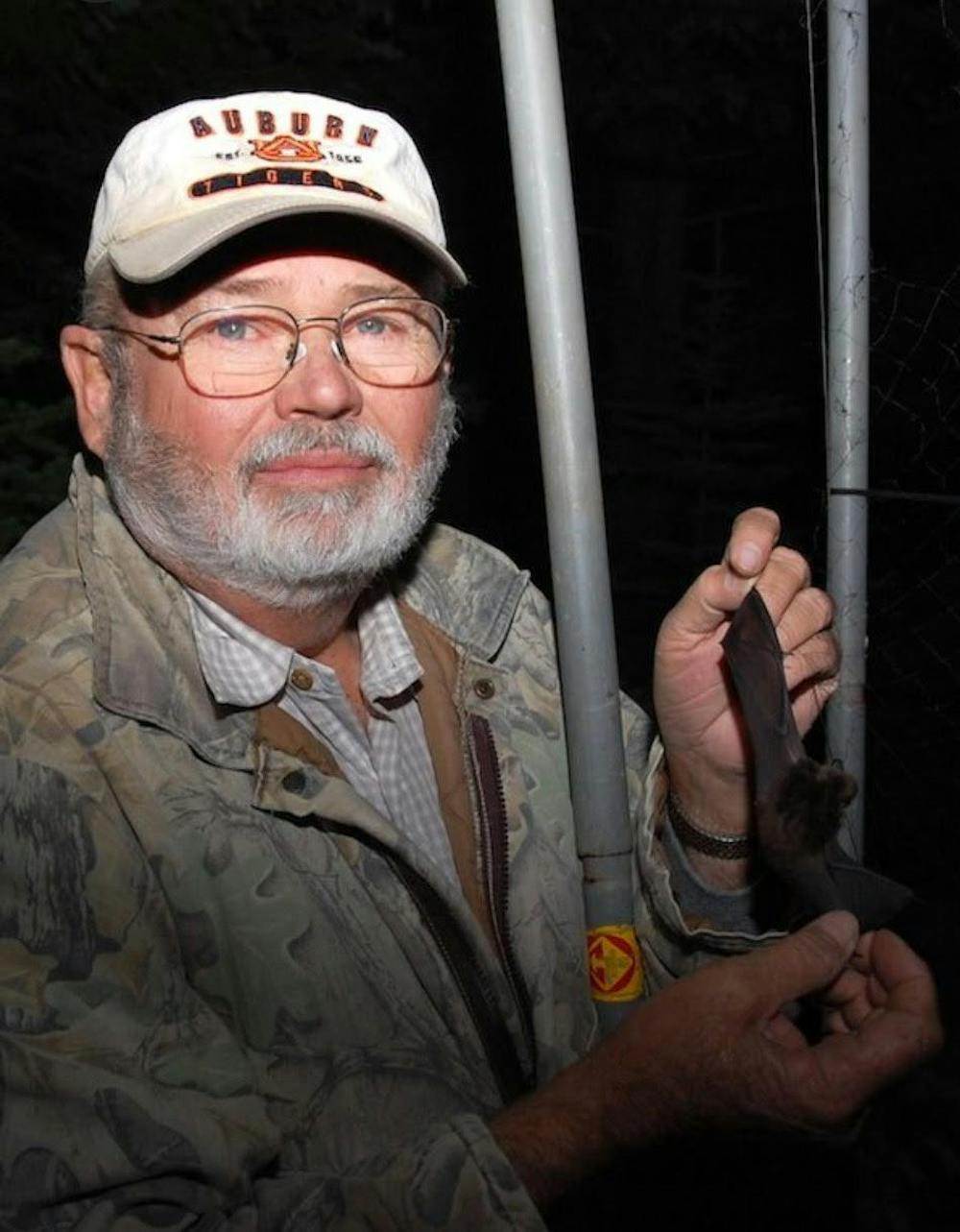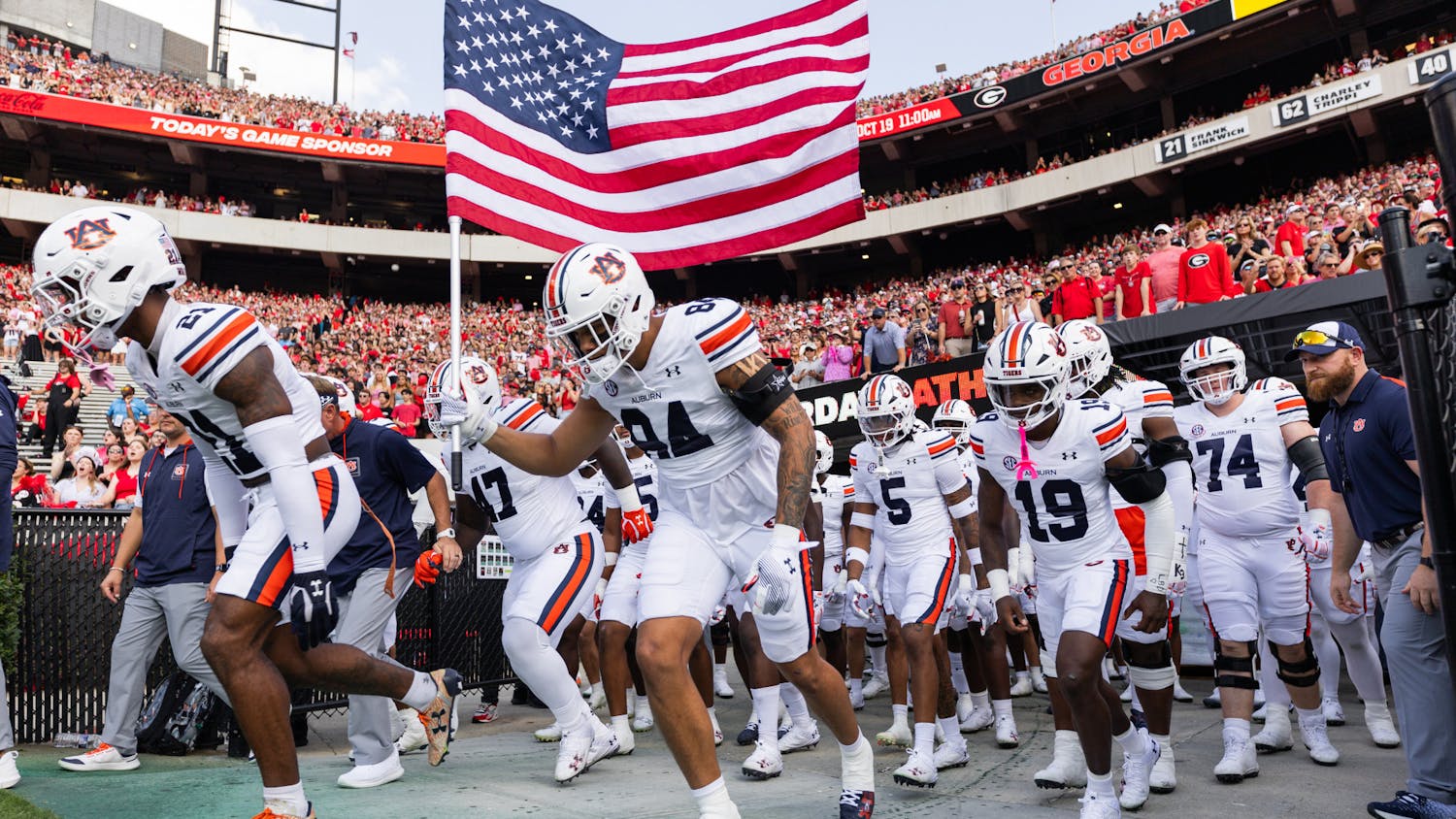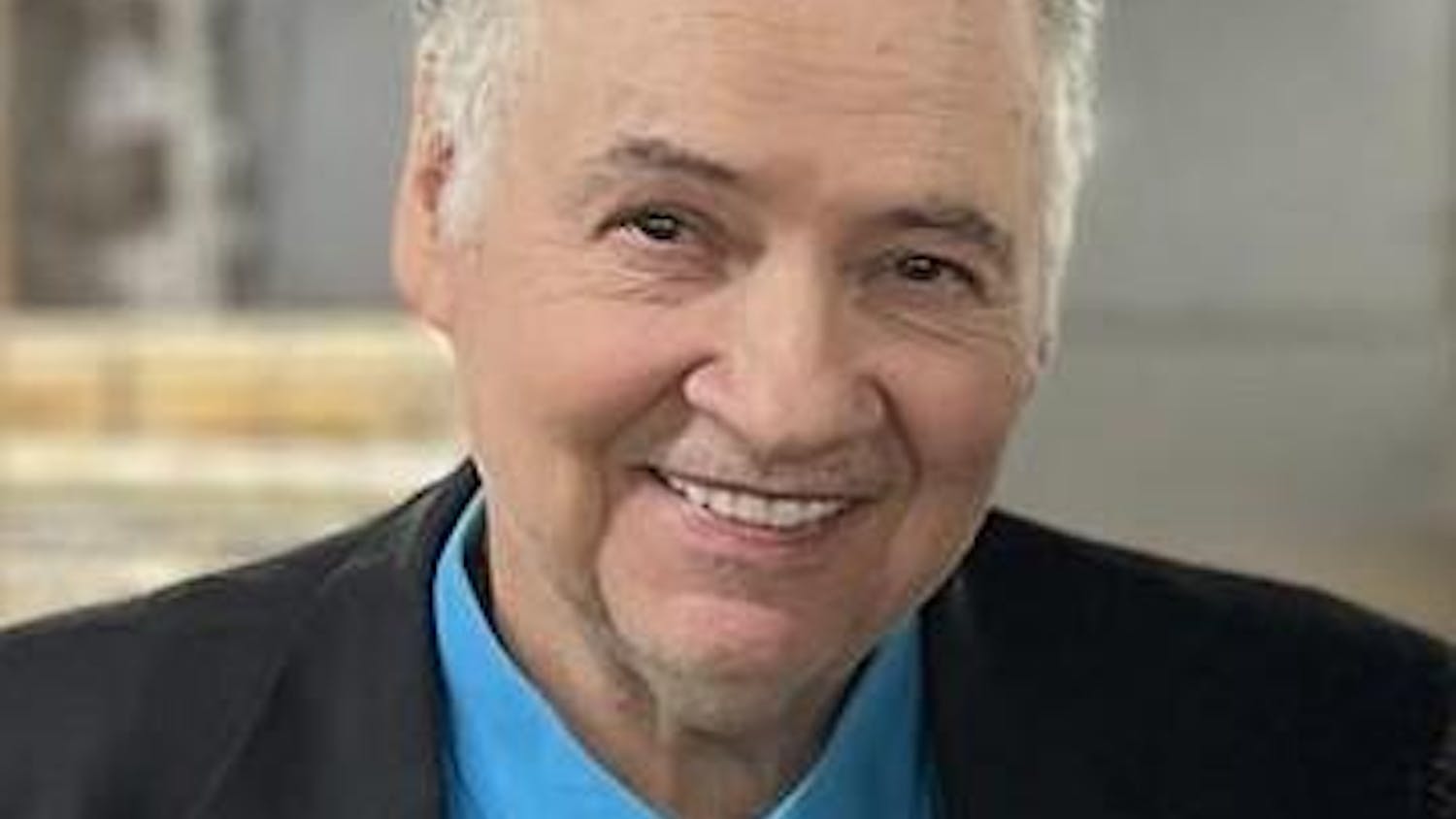Dr. Troy L. Best, an emeritus professor for Auburn University’s Department of Biological Sciences, passed away at his home in Fort Sumner, N.M. on Sept. 9, 2025. Best, 80, was a beloved father, grandfather, uncle, educator and friend.
Best was one of the longest tenured professors at the University, best known for his role as a professor in the biological sciences department. Prior to working at Auburn, Best attended high school in Clayton, New Mexico, graduating in 1963. He would go on to study biology and anthropology at Eastern New Mexico University, where he received his Bachelor of Science in 1967. He would further attend New Mexico State University and the University of Oklahoma, where he would receive his Master of Science in 1971 and his doctorate in 1976 respectively, both in zoology.
Best would then serve in educational roles at Northeastern University, Eastern New Mexico University and University of New Mexico in Albuquerque. In 1988, Dr. Best became an assistant professor at Auburn University in the Department of Biological Sciences. Best would become an associate professor in 1991 and finally a professor of biology in 1996. While at Auburn, Best would also serve as the curator of mammals at the Auburn University Natural History Museum. He also served on the editorial boards of several academic reviews, including Mammalian Species, Journal of Mammalogy and The Southwestern Naturalist.
Best’s professional research includes over 200 published scientific works or articles, either alone or as a co-author, as well as a number of scientific textbooks. His research focuses primarily on the topics of vertebrate ecology, systematics, mammalogy, ornithology, herpetology and of the biogeography of North American deserts and endangered species. In 2018, Best would author a chapter in the eighth edition of the "Handbook of the Mammals of the World," a multi-volume series that recognizes every discovered mammal species.
While at Auburn University, Best was honored with numerous awards for his accomplishments in research and teaching. These include: the Founder's Award at the Colloquium on the Conservation of Mammals in the Southeastern United States and George Miksch Sutton Award in Conservation Research from the Southwestern Association of Naturalists in 2009, the Southeastern Bat Diversity Network Lifetime Achievement Award in 2010 and the American Society of Mammalogists Joseph Grinnell Award in 2014.
Outside his professional life, Best was known for his adoration and support of his family. After his tenure teaching at Auburn drew to a close, Best retired to his tranquil New Mexico ranch, a place beloved by Best and where he was born and raised. Known to family, students and faculty as an avid outdoorsman, Dr. Best had a long-lasting legacy at Auburn to all that knew him.
While at Auburn, Best was often referred to as the “Batman of Auburn,” an affectionate nickname given by students due to his extensive expertise on bat species. According to family, his greatest joy in his professional life was taking students on field trips around the world. Here, students would be able to work with and learn from Dr. Best while researching, observing and documenting different forms of wildlife.
Best’s legacy in life and at Auburn will endure through his family, students, friends and colleagues. He is survived by his two sons, Frank and Bryan Best; his granddaughter, Jaqueline Best; his grandson, Brad Taylor; his nephew, Kelly Medford; his niece, Lisa Reed; and grandnieces, Kellby and Kasi Medford, Kori Gibson and Kayla Lavene. A private memorial service for Best will be held in the spring in his home state of New Mexico.
Do you like this story? The Plainsman doesn't accept money from tuition or student fees, and we don't charge a subscription fee. But you can donate to support The Plainsman.





